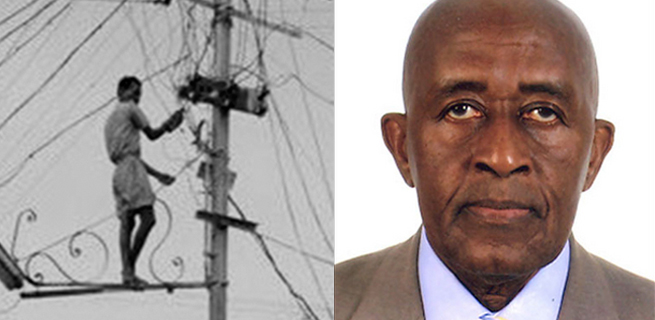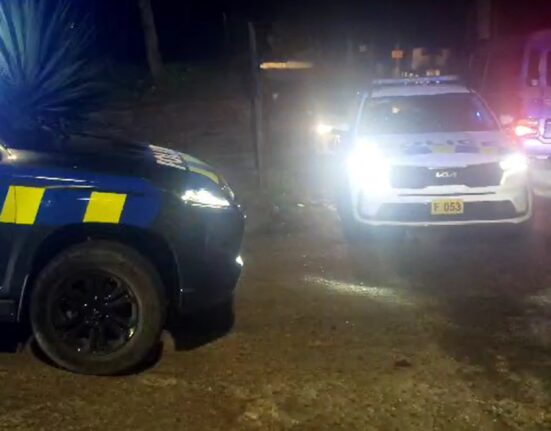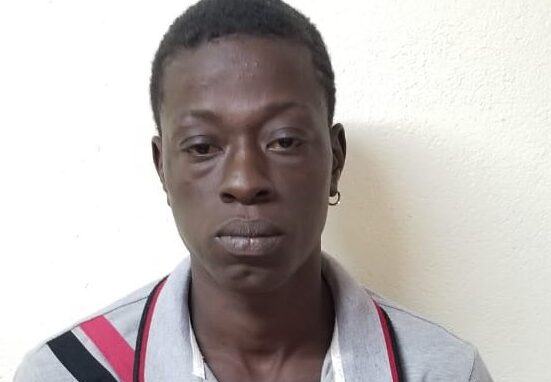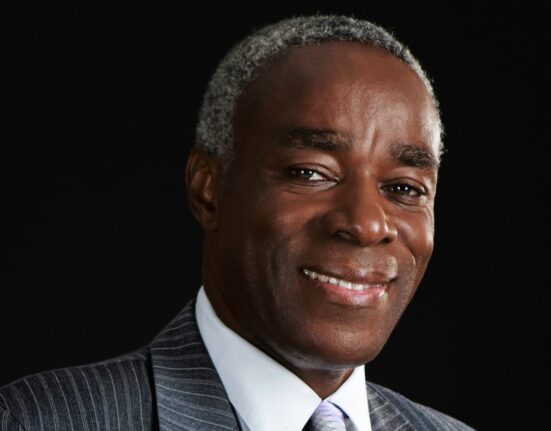It is a national shame that we now have citizens who are not only stealing electricity but have the audacity, the temerity, the boldness and the lack of pride to declare that stealing electricity is quite in order. We must not forget that there are children in most of these homes where electricity is stolen. We must accept the reality that there are children and young adults in the communities in which electricity is being stolen. These young minds are being initiated into a life of dishonesty and criminality. The practise of stealing electricity has grown rapidly with the practise of squatting and the emergence of informal settlements and squatter settlements. It is not surprising therefore that the highest rate of electricity theft exists in the parishes where there is the highest level of squatting. Thus in Kingston where there are several political garrisons and squatter settlements the rate of electricity theft is 25%.
In St. Andrew it is 10%. In St. Catherine another parish with several garrisons and squatter settlements it is 21%. In St. James it is eight percent while in St. Ann it is five percent. The parish with the lowest percentage is Portland with one percent. The rate of electricity theft is growing in Westmoreland where it is said to be six percent. This is no doubt a reflection of the decay that is creeping in that parish especially adjacent to the capital Savanna-la-Mar. St. Mary and Trelawny have a two percent rate of electricity theft and so does Hanover. There is no doubt that the cost of electricity in Jamaica is extremely high although it is not the highest in the region. There is also no doubt that an increasing number of citizens are finding it very difficult to pay for electricity. However, the solution cannot be to encourage a culture of dishonesty. No matter how we try to mitigate and “pretty up” the practice of stealing electricity, we cannot deny that it is an act of dishonesty. We cannot deny that it is a criminal act and we cannot deny that the persons involved in electricity theft are taking a service and a benefit which they never paid for and thus they are acting dishonestly. (blurb)
There is a serious danger that lurks at the site of all illegal connections used to steal electricity. The wires used in these illegal connections are attached along the poles leading to the ground and this exposes persons who may come in contact with the poles to the possibility of electrical shock. In other instances, the wires are placed under water, in fields and underground. Persons working in areas where these wires are hidden are at serious risk of being electrocuted. There is also the danger of the buildings to which these illegal connections are made becoming engulfed in flames because the connections are not properly made, are not professionally done and thus resulting in fires caused by short circuit. The practice of stealing electricity has grown to where it is now because, over the years politicians, especially those who represent garrison constituencies and/or squatters settlements, wilfully turn a blind eye to these activities. There is now a scramble by the political directorate to assist with the matter. This after Jamaica Public Service inflicted collective punishment on entire communities including on people those who pay their bills. Our politicians must use this opportunity to be bold, be brave, to be forth right and to tell their constituencies that the Jamaica Public Service is company involved in economic activities with the primary motive being profit. The Jamaica Public Service is not an instrument of State Welfare and therefore it will not be providing free electricity for anyone.









